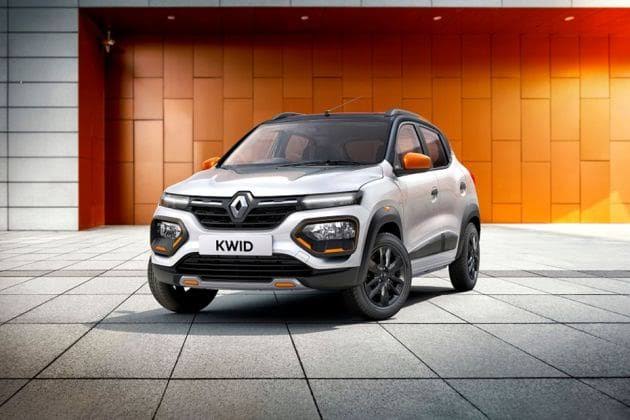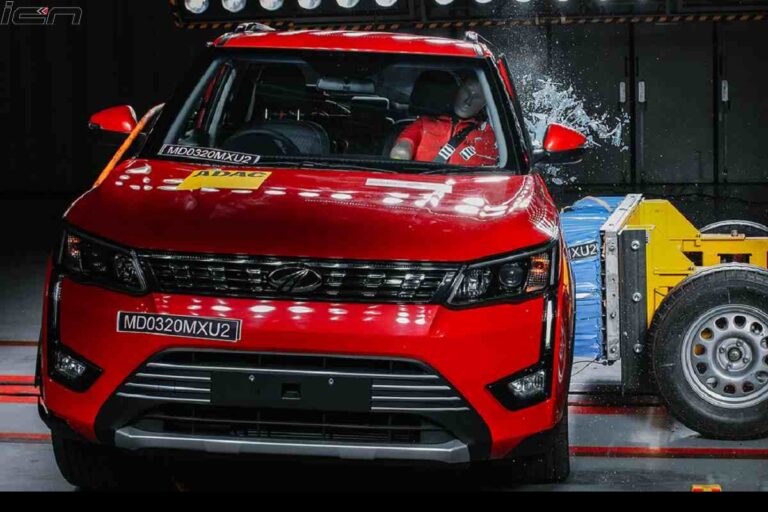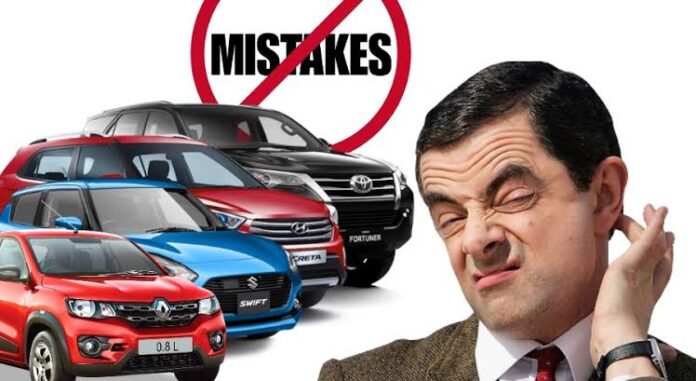Top 5 Things To Check Before Buying New Car
Buying a car is a significant dream for us, especially for middle-class Indians. We almost spent all of our savings on a car. We also treat it as if it were a member of our family. Nobody wants to make a hasty decision and regret it afterwards. As the saying goes, haste makes waste, so do your homework before purchasing a vehicle. We are enthralled with a gleaming new dashboard, smooth rides, fresh upholstery, and the gleaming scratch-free paint. The never-ending trials of paperwork, registration, insurance, and EMI can be exhausting, but they are necessary for a stress-free living. Here are five things to look for before purchasing a vehicle.
Also Read : Turbocharged SUV’s with Insane Power | Top 5 Turbocharged SUVs
1. Fix A Budget

Purchasing a car is a significant investment that should be done after careful consideration of your financial situation. Because the showroom price is lower than the on-road pricing, consider carefully about whether you can afford the ultimate price. Make your calculations and go to as many showrooms as you can. You can also take out a car loan, with most banks charging a 7% interest rate. Always remember the thumb rule: a vehicle should never cost more than half of a person’s annual salary.
2. Need And Purpose
Choosing the right car type can be a difficult undertaking, but it is not impossible. First and foremost, the car you choose should be based on your driving ability. If you want to travel fast, an SUV is a good choice, but if you prefer to drive slowly, any basic car will suffice—the size of your family also important. If you have a small family, instead of buying a large eight-seater car, get a four-seater car or vice versa. These will assist you in determining your optimal car type.
3. Checking Engine And Safety Features

There should be no room for negotiation when it comes to safety. Before purchasing a vehicle, it is critical to consider the safety features. The Indian government has ordered that all cars include dual airbags, ABS, and reverse parking sensors as standard equipment beginning of October 2019. Electronic Stability Control, Autonomous Emergency Braking, and Power Steering are examples of additional safety features that should be favoured by the general public. Engines also have a significant part in influencing a car’s efficiency. Varying cars have different acceleration capabilities, and one should always choose the engine capacity that is appropriate for their ability level.
4. Test Drive Before Buying The Car
Every showroom has a test drive option; take advantage of it. You will get experience driving the automobile on the road, and you will be able to determine whether or not you are happy with the car’s functioning and processes. Try driving the car on the routes you plan to use and parking it where you plan to park it once you buy it. Also, sit in the seats to see if there is enough leg, shoulder, and headroom. Bring your entire family along to see if everyone is comfortable.
5. Getting Documents Ready

The first step after purchasing an automobile is to register it at the nearest RTO as soon as feasible. Vehicle tax must be paid at the time of registration. You must have the following documents on hand while registering. Form 20, Form 21, Form 22, Form 34, Identity proof, Address proof and Photographs. For a hassle free drive always carry your driving license, Insurance and Registration Certificate of the car along with you.






